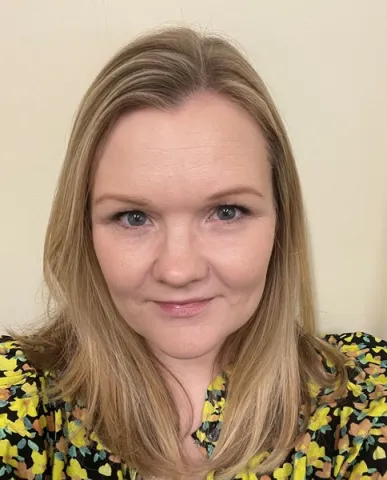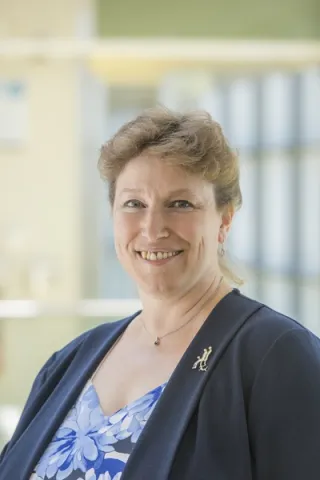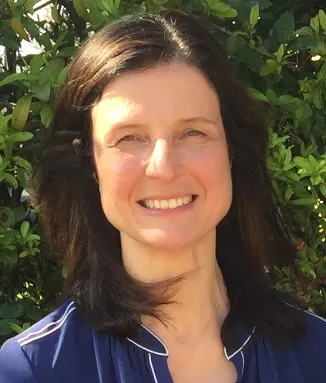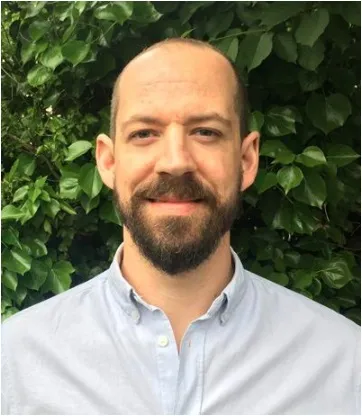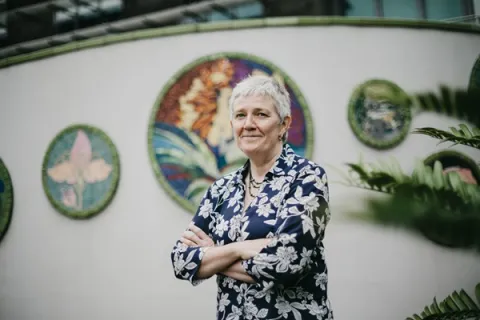Project overview
Aim
This project aims to improve the support for people with low back pain and their partners by finding out what they need to better live with pain together. We will also test whether our procedures for recruiting participants in the study are practical and effective to help us with future research studies.
Why is this topic important?
Low back pain is common and costly, affecting 85% of people in their lifetime. It is the leading cause of disability, and the problem will get bigger as the population grows and gets older.
People do not experience pain alone. Low back pain can have a significant impact on the everyday lives of an individual’s partner, as well as the person with low back pain. Partners can have a vital role in supporting people with low back pain to manage the condition. Health programmes that involve both people with health conditions and their partners have been shown to be more beneficial than programmes that just involve the person with the health condition.
What will we do?
We will talk to up to 20 couples living with low back pain. Each couple will include an adult with low back pain and their partner. Each individual will take part in a separate one-hour interview either in person at home, by video chat, or by phone. We will recruit people through GP practices, pain clinics, social media, and by word-of-mouth. We will speak to a wide range of people. We will ask couples what it’s like to live with low back pain, what support they need, and what they would want from a health programme to support them to better live with low back pain. Each person will receive a £20 voucher.
Public and patient involvement
We gathered input on the project at a public contributor forum attended by 8 contributors. We will have two public contributors who are part of the research team. Public contributors shared with us the impact that low back pain has had on them and their partner. They helped us decide the best way to recruit people living with low back pain, and how we should carry out the interviews. Our public contributors will continue to contribute to all stages of the research including providing input on the design and running of the study, recruitment strategies, data analysis, and sharing the research findings.
How will we share our findings?
We will use journal articles, social media, websites, conferences, and support groups to share research findings with people living with back pain, health professionals, and researchers.
Next steps
This project will help us develop a health programme that will support people with low back pain and their partners.
This project aims to improve the support for people with low back pain and their partners by finding out what they need to better live with pain together. We will also test whether our procedures for recruiting participants in the study are practical and effective to help us with future research studies.
Why is this topic important?
Low back pain is common and costly, affecting 85% of people in their lifetime. It is the leading cause of disability, and the problem will get bigger as the population grows and gets older.
People do not experience pain alone. Low back pain can have a significant impact on the everyday lives of an individual’s partner, as well as the person with low back pain. Partners can have a vital role in supporting people with low back pain to manage the condition. Health programmes that involve both people with health conditions and their partners have been shown to be more beneficial than programmes that just involve the person with the health condition.
What will we do?
We will talk to up to 20 couples living with low back pain. Each couple will include an adult with low back pain and their partner. Each individual will take part in a separate one-hour interview either in person at home, by video chat, or by phone. We will recruit people through GP practices, pain clinics, social media, and by word-of-mouth. We will speak to a wide range of people. We will ask couples what it’s like to live with low back pain, what support they need, and what they would want from a health programme to support them to better live with low back pain. Each person will receive a £20 voucher.
Public and patient involvement
We gathered input on the project at a public contributor forum attended by 8 contributors. We will have two public contributors who are part of the research team. Public contributors shared with us the impact that low back pain has had on them and their partner. They helped us decide the best way to recruit people living with low back pain, and how we should carry out the interviews. Our public contributors will continue to contribute to all stages of the research including providing input on the design and running of the study, recruitment strategies, data analysis, and sharing the research findings.
How will we share our findings?
We will use journal articles, social media, websites, conferences, and support groups to share research findings with people living with back pain, health professionals, and researchers.
Next steps
This project will help us develop a health programme that will support people with low back pain and their partners.
